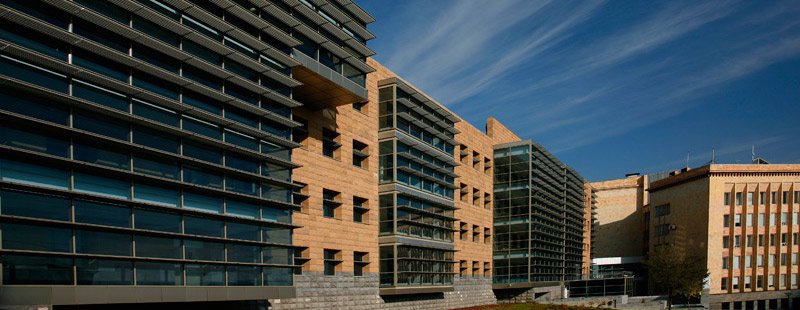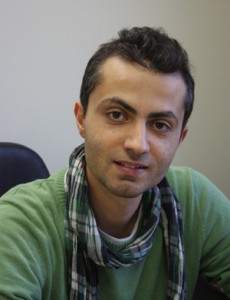
School of Public Health Publishes New Research Paper on Quality of Life of Earthquake Survivors
2 min readYerevan, Armenia – This February, researchers at the American University of Armenia (AUA)’s School of Public Health (SPH) published a paper, entitled, “Loss and Psychosocial Factors as Determinants of Quality of Life in a Cohort of Earthquake Survivors,” the most recent in a series of papers based on the Post-Earthquake Psychopathological Investigation (PEPSI) study, which followed a cohort of the 1988 Spitak earthquake survivors for over two decades. The article was published in Health and Quality of Life Outcomes, a specialized international peer-reviewed journal.
The research group consists of Drs. Vahe Khachadourian (AUA MPH 2011), Haroutune Armenian (AUA President Emeritus and Professor of Epidemiology), Anahit Demirchyan (AUA MPH 1999), and Armen Goenjian (UCLA School of Medicine).
The article focuses on determinants of quality of life (QOL) among Spitak earthquake survivors, 23 years after the event. The study is among only a few which have prospectively followed earthquake survivors and investigated their quality of life over such a long period of time. The study sample included over 700 earthquake survivors from Gyumri, Spitak, and Vanadzor cities and surrounding villages who were followed through four phases of the study conducted from 1990 to 2012.
Depression, anxiety, and posttraumatic stress disorders were among the factors which were found to affect survivors’ quality of life. The study showed that negative effects of earthquake losses on quality of life can continue more than two decades after the earthquake. Nonetheless, those with extreme earthquake losses who had received post-earthquake financial/material support had a relatively better quality of life compared to their peers who did not receive financial/material support. Based on these findings the authors concluded that, “earthquake related loss and concurrent psychopathology symptoms can have an adverse impact on the QOL of survivors. Findings also indicate that well-targeted post-disaster financial/material aid and social support should be considered as means for improving the long-term QOL outcomes of disaster survivors.”
The AUA School of Public Health works actively to improve the health of the populace and health services in Armenia and the region through interdisciplinary education and development of public health professionals and others to be leaders in public health, health services research and evaluation, and health care delivery and management.
Founded in 1991, the American University of Armenia (AUA) is a private, independent university located in Yerevan, Armenia and affiliated with the University of California. AUA provides a global education in Armenia and the region, offering high-quality, graduate and undergraduate studies, encouraging civic engagement, and promoting public service and democratic values.

